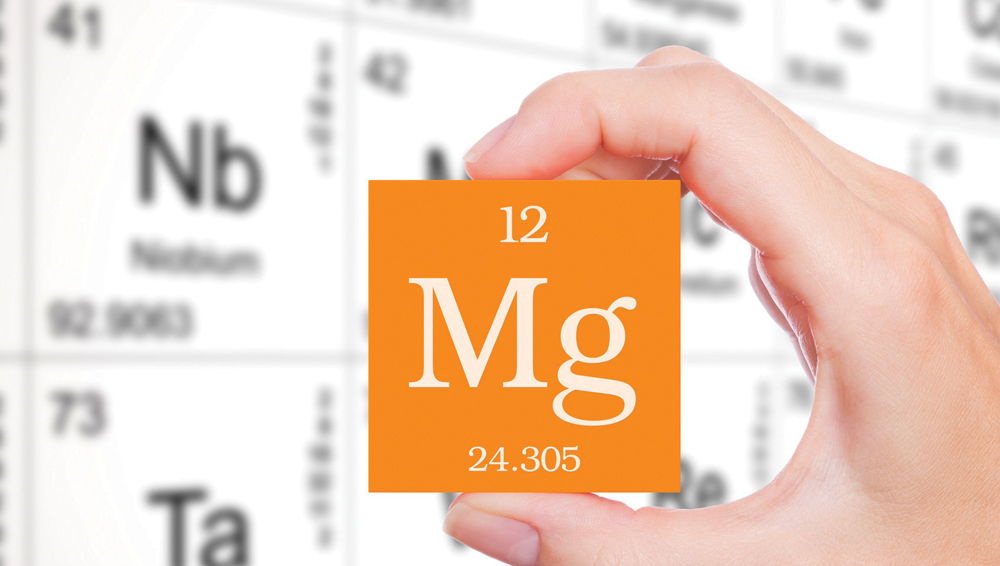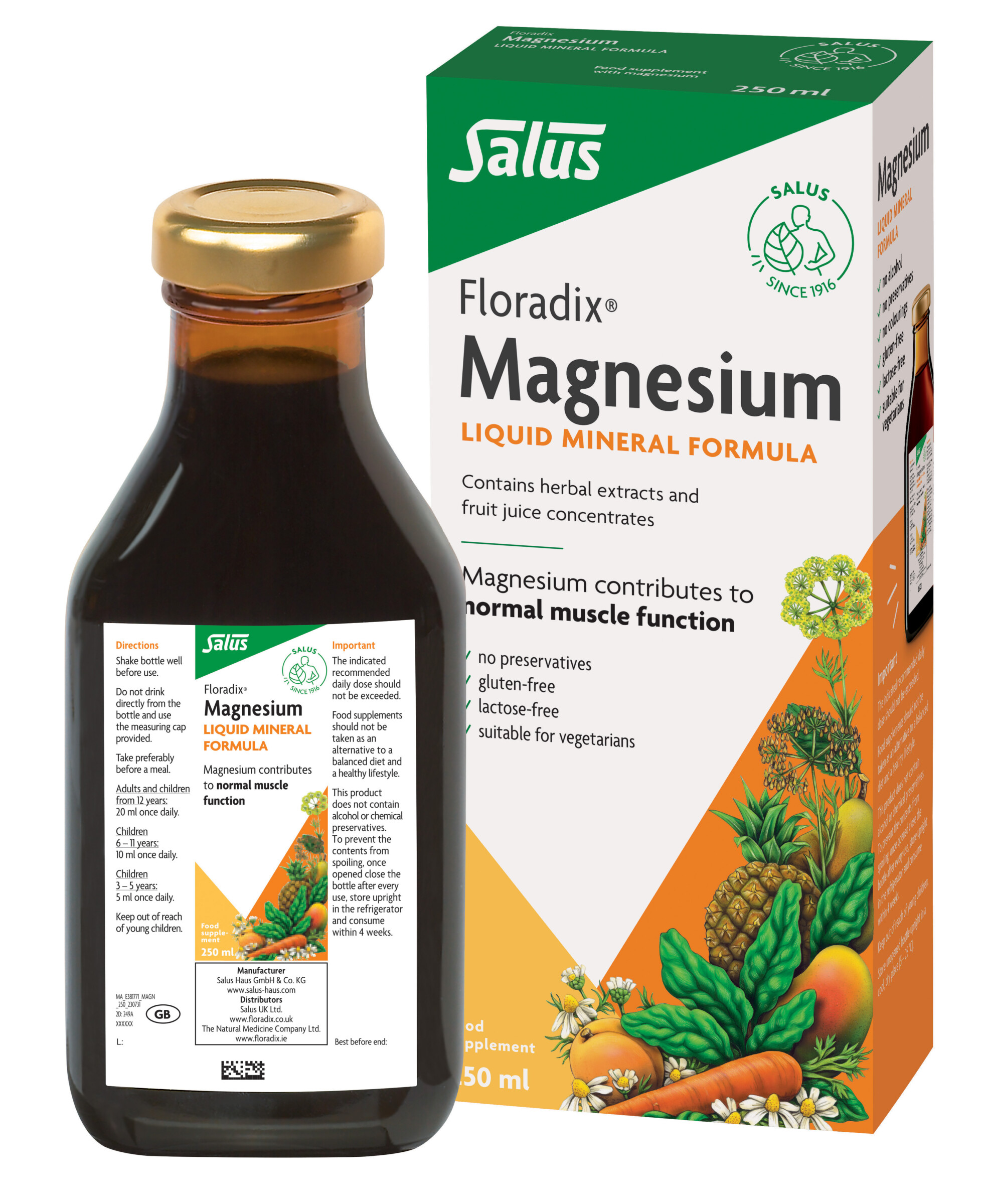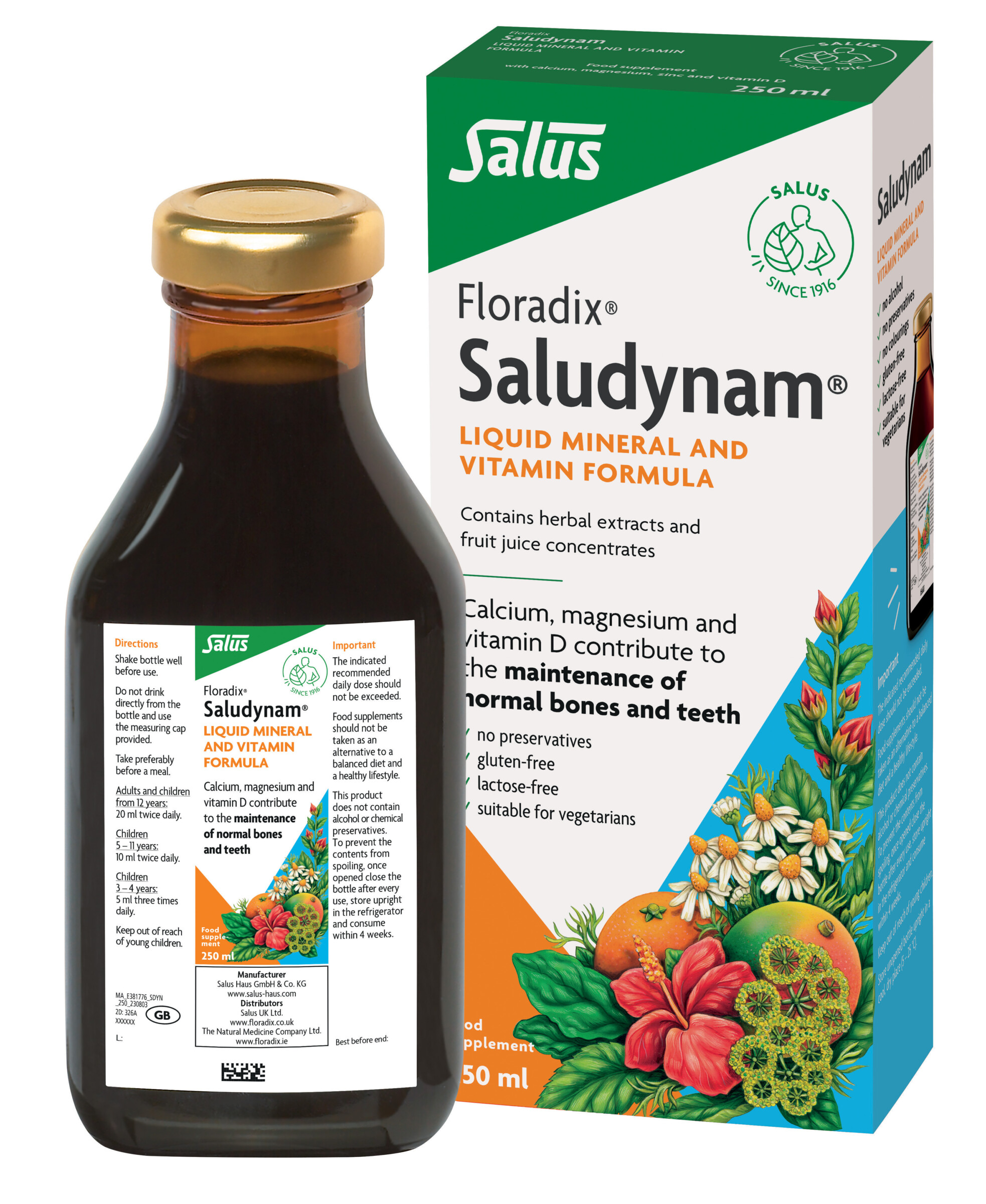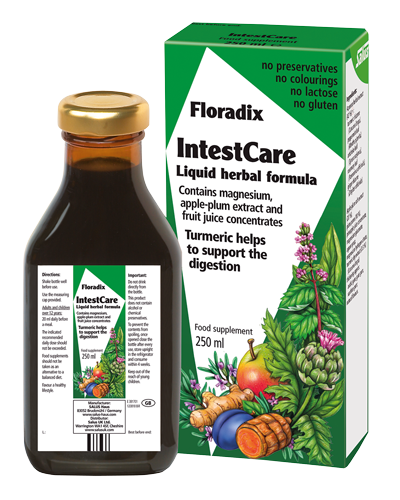Calcium
Iron
Magnesium
Niacin (B3)
Riboflavin (B2)
Thiamin (B1)
Vitamin B12
Vitamin B6
Vitamin C
Vitamin D
Zinc
Magnesium
Magnesium is an important mineral, essential for many processes within the body.
About half of your body’s magnesium stores are found in organ and tissue cells, half are combined with calcium in bone and 1% in your blood and soft tissue.

What is Magnesium needed for?
- Contributes to normal muscle function including the heart muscle.
- Contributes to normal psychological functions.
- Contributes to normal nerve function.
- Contributes to normal energy yielding metabolism.
- Contributes to normal cell division.
Magnesium rich foods include:
- vegetables – particularly broccoli, squash and green leafy vegetables such as spinach
- seeds and nuts – particularly almonds
- brown rice
- bread (especially wholegrain)
- fish
- meat
- dairy foods
How much Magnesium do you need?
You should be able to get all the magnesium you need by eating a varied and balanced diet, however there can be times when a supplement can help.
The amount of magnesium an adult (19-64 years) needs is:
- 300mg a day for men
- 270mg a day for women
Taking too much magnesium can cause diarrhea.
The department of health advises that having 400mg or less a day of magnesium from supplements is unlikely to cause any harm.
Source: www.nhs.uk (Next review due 03/08/2023)






